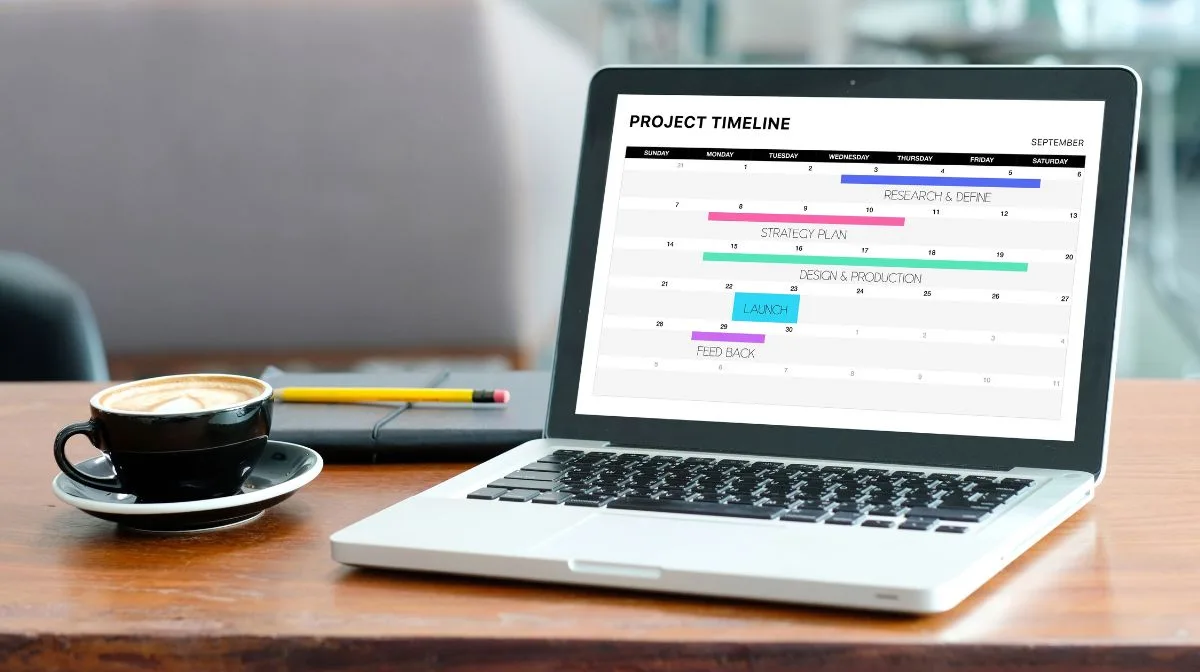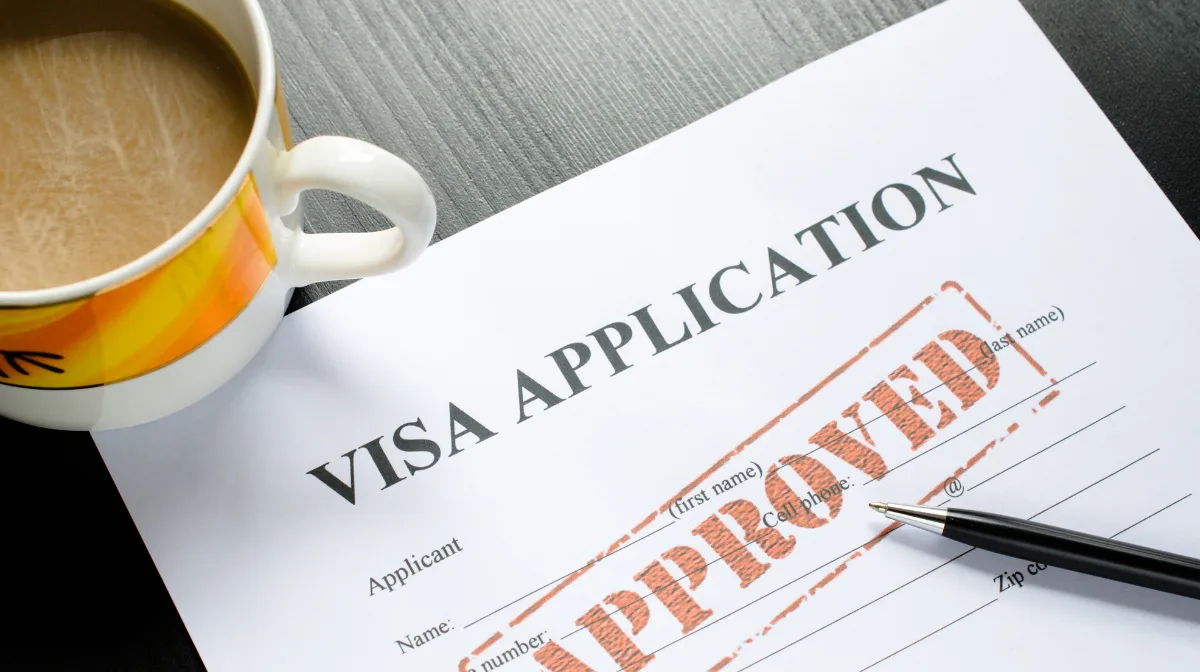For engineers who want to work in Japan, obtaining a work visa is one of the major hurdles.
While work visas are often described as “difficult” to obtain, it’s actually quite possible to get one if you understand the requirements and procedures accurately and prepare systematically.
This article explains the key points for engineers to obtain a work visa and provides specific preparation methods.
- Key requirements for engineers to obtain Japan work visas
- How to effectively showcase technical skills in applications
- Step-by-step application timeline and required documents
1. Why Work Visas for Engineers Are Considered “Difficult” to Obtain in Japan

Japan takes a cautious approach to accepting immigrants, and foreigners need to meet strict requirements to obtain a work visa to work in Japan.
Especially when working as an engineer, you need to meet various criteria including educational background, work experience, and employer conditions, which is one of the reasons why it’s considered “difficult”
General Visa Acquisition Challenges
Japan offers 16 types of work visas, including “Professor” “Artist” “Business Manager” and “Engineer/Specialist in Humanities/International Services”
Foreigners who want to work in Japan must choose and obtain the appropriate visa for the type of work they will be doing. Each type of work visa has different requirements and conditions.
Procedures required for visa issuance
When hiring a foreigner living overseas… “Certificate of Eligibility”
When hiring a foreigner who already has a student visa, etc… “Change of Status of Residence procedure”
The “Engineer/Specialist in Humanities/International Services” work visa is applied for when engaging in work as an engineer, mechanical engineering technician, designer, and so on.
However, to obtain it, you need to meet requirements such as educational background and relevant practical experience.
Specific Situations for IT Engineers
For foreigners to work as IT engineers in Japan, they can obtain work visas such as “Engineer/Specialist in Humanities/International Services” or “Intra-company Transferee,” or they can be recognized as “Highly Skilled Professionals” through the “Points-based System for Highly Skilled Professionals.”
IT engineers mostly work under the “Engineer/Specialist in Humanities/International Services” visa. To obtain it, you need to meet one of the following requirements
- Have a degree from a university, or have graduated from a vocational school in Japan
- Have more than 10 years of relevant practical experience
- Hold qualifications designated by the Minister of Justice, such as the “Information Technology Engineers Examination”
Also, if your job duties are not related to your educational background, practical experience, or qualifications, your work visa may not be approved.
The income level, working environment, and legitimacy of employment at the company hiring foreign engineers are also important points that affect the screening process.
2. How to Leverage Your Technical Experience and Skills in Work Visa Applications

Work visa applications place great emphasis on the applicant’s practical experience and skills. Effectively demonstrating these can provide credibility in the screening process and increase the possibility of approval.
Effective Methods for Proving Work History
When applying for a work visa, the document that proves the presence or absence of practical experience is the “Certificate of Employment.” The Certificate of Employment should include the following information
- Applicant’s name
- Applicant’s date of birth
- Name of employer
- Address
- Phone number
- Email address
When proving “more than 10 years of practical experience”… Specifically describe the job duties. It is also effective to include contact information and the name of the person in charge in case the company’s existence and application details need to be verified.
Reference: Ministry of Justice: Certificate of Employment
How to Showcase Technical Skills
In work visa applications, it’s necessary to show that the applicant’s technical skills match the needs of Japanese companies.
Specific example… Having majored in engineering and worked as a programmer at an IT company. Technical skills can be demonstrated by providing detailed explanations of development work at a Japanese software company.
Technical skills can also be substantiated by qualifications such as the Information Technology Engineers Examination, achievements in past projects, and presenting examples from GitHub or portfolio sites.
■日本でエンジニアとしてキャリアアップしたい方へ
海外エンジニア転職支援サービス『 Bloomtech Career 』にご相談ください。「英語OK」「ビザサポートあり」「高年収企業」など、外国人エンジニア向けの求人を多数掲載。専任のキャリアアドバイザーが、あなたのスキル・希望に合った最適な日本企業をご紹介します。
▼簡単・無料!30秒で登録完了!まずはお気軽にご連絡ください!
Bloomtech Careerに無料相談してみる
3. Essential Requirements and Countermeasures That IT Engineers Often Overlook in Visa Applications

For IT engineers working in Japan to obtain a work visa, it’s important to understand the requirements accurately and proceed with preparations. Below, we focus particularly on educational requirements and language abilities, and explain specific measures to meet them.
Detailed Explanation of Educational Requirements
To obtain a work visa, you need to have graduated from a university inside or outside Japan, or from a vocational school in Japan. Universities include junior colleges, and the condition is that a “bachelor’s degree” or “associate degree” is awarded upon graduation.
However, there are cases overseas where institutions are called universities but do not confer bachelor’s degrees, so please check the qualification requirements of your graduation school.
Graduates of overseas vocational schools do not meet the educational requirements.
On the other hand, if you have graduated from a designated vocational school in Japan and have been awarded the title of “Specialist” or “Advanced Specialist,” you may qualify for application.
Language Ability Requirements
Japanese language proficiency is not mandatory for the application of “Engineer/Specialist in Humanities/International Services.”
However, depending on the size of the company, such as when working for a large corporation, it is considered preferable to have Japanese Language Proficiency Test (JLPT) N1 or N2 level ability.
For “Highly Skilled Professional” applications, Japanese Language Proficiency Test scores are evaluated under the “Points-based System for Highly Skilled Professionals.” Therefore, in addition to practical experience and educational background, proof of language ability is also an important factor.
Reference: Immigration Services Agency: Point Evaluation, Japanese Language Proficiency Test (JLPT)
4. Specific Timeline from Visa Application to Acquisition

For foreigners to work in Japan, applying for an appropriate work visa is essential. The official name for a work visa application is “Application for Certificate of Eligibility.”
If you are already working in Japan, you will need to apply for a “Change of Status of Residence” or “Extension of Period of Stay.”
Below, we explain in detail the timeline from application preparation to actually working.
Application Preparation Phase
The first step to working in Japan is to obtain a “Certificate of Eligibility,” which recognizes permission to stay in Japan.
Application for “Certificate of Eligibility”
Prepare the necessary documents and apply at the Immigration Bureau. In principle, the applicant should carry out the procedure themselves, but if the applicant is overseas, it is also possible for the employer or a representative to apply on their behalf in Japan.
After the Application Procedure
The screening takes about 2-3 months. Once the screening is complete, a “Certificate of Eligibility” is issued and sent to the applicant by the employer. After that, the applicant applies for a visa in their home country. It can also be issued via email.
Detailed Flow After Application
After receiving the “Certificate of Eligibility,” apply for a visa at the Japanese Embassy or Consulate in your home country.
After the “Visa” is Issued
Prepare your “Passport,” “Visa,” and “Certificate of Eligibility” and enter Japan. At this time, note that the validity period of the “Certificate of Eligibility” is 3 months from issuance, so you need to enter Japan within this period.
After entry, a residence card will be issued, which officially allows you to work in Japan. For smooth entry and employment, it is important to properly manage documents and keep track of the progress of procedures.
■日本でエンジニアとしてキャリアアップしたい方へ
海外エンジニア転職支援サービス『 Bloomtech Career 』にご相談ください。「英語OK」「ビザサポートあり」「高年収企業」など、外国人エンジニア向けの求人を多数掲載。専任のキャリアアドバイザーが、あなたのスキル・希望に合った最適な日本企業をご紹介します。
▼簡単・無料!30秒で登録完了!まずはお気軽にご連絡ください!
Bloomtech Careerに無料相談してみる
5. How to Prepare Application Documents and Specific Checklist

Various documents are required for a work visa application. To proceed smoothly, it’s important to check the necessary documents and prepare them efficiently.
List of Required Documents and How to Obtain Them
Work visa applications (Applications for Certificate of Eligibility) require various documents that prove information about the applicant and the hiring company.
The documents to be submitted are divided into those prepared by the applicant themselves and those prepared by the company.
Also, companies that employ foreigners are classified into four categories according to their size, and the necessary documents differ depending on the category, so caution is needed.
Check which category your employer falls into and prepare the appropriate documents.
[Documents required for all categories]
- Application for Certificate of Eligibility
- Copy of passport (submission will expedite the screening process)
- Photo (4cm tall × 3cm wide)
- Certificate of “Specialist” or “Advanced Specialist” (if you graduated from a vocational school)
Points to Note When Preparing Documents
Before applying for a work visa, an employment contract must be concluded between the company and the applicant.
The content of the employment contract, such as the job duties of the foreign engineer and the required educational background and work experience, must match the application documents.
Also, the salary of foreign engineers must be set at the same level or higher than that of Japanese people performing the same duties.
If the salary amount is not appropriate, the application may not be approved, so caution is needed. It is important to establish an appropriate employment contract and prepare certification documents that do not contradict the contract content.
6. Points to Note After Obtaining a Work Visa for IT Engineers

Work visas have restrictions such as validity periods and permissible job duties. Even after obtaining one, you need to follow appropriate procedures when renewal is needed or when changes occur.
Management of Status of Residence
There are four types of periods of stay for “Engineer/Specialist in Humanities/International Services”: 5 years, 3 years, 1 year, and 3 months.
If you forget to renew your period of stay and let it expire, you may be considered an illegal resident and face penalties. Therefore, it’s important to be aware of the deadline and ensure that you complete the renewal procedures.
For work visas with a period of stay of 6 months or more, renewal applications can be made from 3 months before the expiration date. If there are no changes in job duties or place of employment, proceed with renewal by applying for an “Extension of Period of Stay.”
Reference: Immigration Services Agency: Application for Extension of Period of Stay
Career Development and Status of Residence
Foreign engineers who want to change jobs or become independent for career development must also follow the necessary procedures.
In Case of Changing Jobs
Within 14 days of changing jobs, submit a “Notification of the Organization to Which You Belong” to the Immigration Bureau. If you fail to make the notification and 14 days pass, you may be subject to a fine or have your period of stay shortened when renewing your work visa, so be careful.
In Case of Becoming a Freelancer
If there is no change in job duties, you can continue to use “Engineer/Specialist in Humanities/International Services.”
However, procedures as a sole proprietor are necessary. There are also risks such as your status of residence not being recognized if you cannot prove stable long-term income, so if you are uncertain, you need to apply for the issuance of a “Certificate of Authorization for Employment” to confirm that you can continue working.
Reference: Immigration Services Agency: Notification of the Organization to Which You Belong
7. Deepening Understanding of Japanese Work Visas
While obtaining a work visa certainly requires complex procedures, it is not an insurmountable barrier with the right knowledge and systematic preparation.
Engineers, in particular, have the advantage of technical skills. By referring to the requirements and procedures explained in this article and steadily preparing one by one, a path will surely open up.
Use this information for your new career in Japan.

















